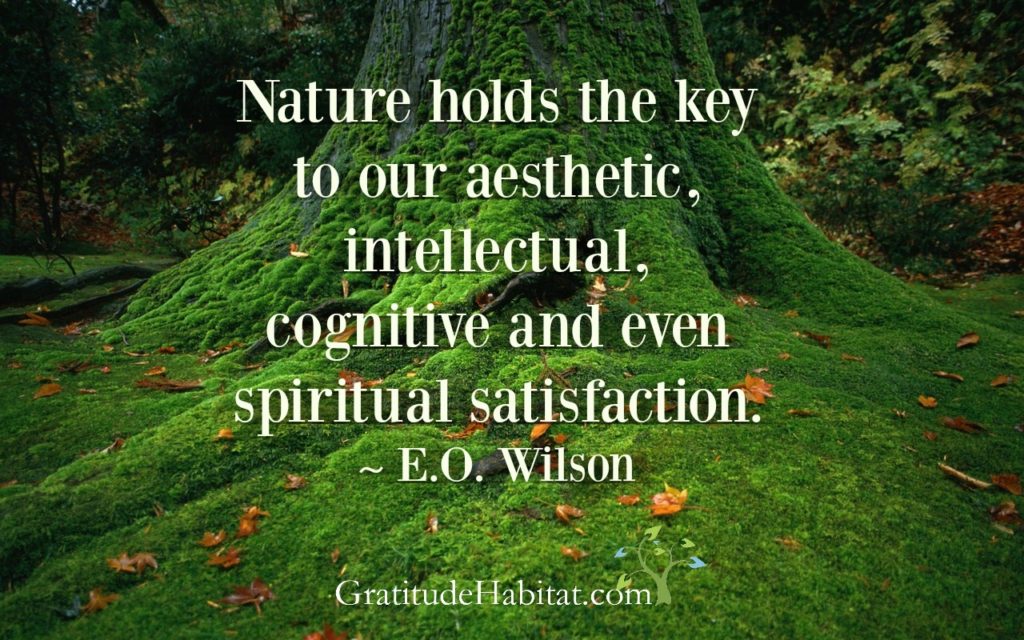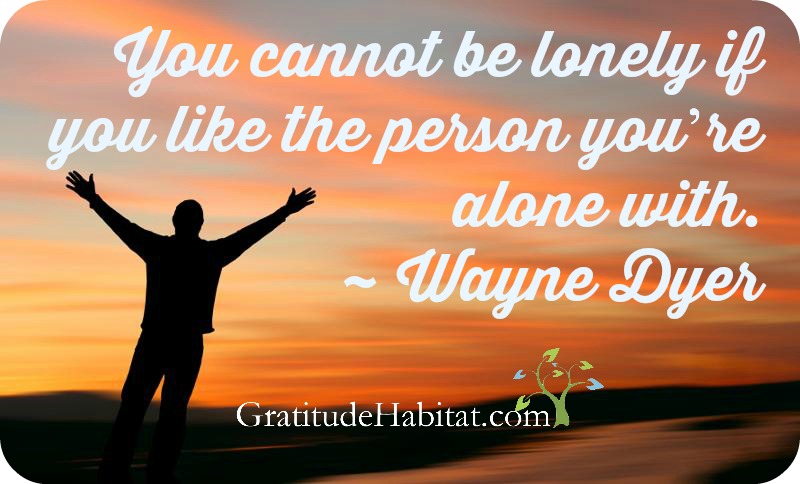Living In Gratitude: 6 Tips To Composing Heartfelt Thank You Notes
Saying thank you is more than good manners. It is good spirituality. ~Alfred Painter
People like being appreciated. Every gift deserves a thank-you, whether it is a material object, a referral, or to express your appreciation for someone’s friendship, acceptance or support.
Although occasionally a thank you email or text message will do, a handwritten note expresses a completely different level of appreciation. It takes added effort and planning (but not much) to actually pen and mail a thank you card, letter or postcard. Even if your handwriting is poor, still hand-write your notes. Do not type them or use a word processor.
Writing thank-you notes is easier than you remember them being as a kid (when your mom had you write thank you cards for every birthday gift received).
The 6 Points for a Perfect Thank You
-
Greet the Giver
Dear Aunt Maye,
Although it’s the easy part, you’d be surprised how many people forget it.
-
Express Your Gratitude
Thank you so much for the delicious homemade berry pie you brought to dinner the other night.
- Avoid beginning with, “I’m writing to thank you…” That’s stating the obvious.
- When thanking someone for money, use phrases like, “Thank you for your generosity,” or “Your kindness is greatly appreciated.“
- When writing to thank someone for an intangible (such as allowing you to stay with them for a weekend), define what the intangible thing is: ‘Thank you for your hospitality last weekend.”
- Don’t worry if it sounds too simple; the point is to create a simple expression of a heartfelt sentiment.







